How to Prevent Injuries to Your Horse...
Before They Happen!
A few years ago I was fortunate enough to be invited to a friend's farm to do some coaching.
These wonderful people breed lions to return to the wild.
 Learning from Lions to help prevent injuries to your horses before they happen. Read on to find out more...
Learning from Lions to help prevent injuries to your horses before they happen. Read on to find out more...It was an unbelievable experience!
What is not often understood is that the number of lions has been greatly reduced by "Feline Tuberculosis" and this is their attempt to augment the population with "TB" free lions.
I found my time with them fascinating...
They really know so much about the lions and their instincts (more on why this is so important below).
As an example:
The way they start to prepare the cubs for their return into a wild environment is to make sure that the cubs are taken for walks every day before they are fed.
In this way they start to associate hunting...
With eating...
As we walked along with these wonderful creatures, my friend was explaining to me how these cats are "HOT WIRED" to sense any animal that is injured...
Because such an animal is far easier prey for them to capture.
To show me what he meant, he suggested that instead of just walking along behind the cubs, I should walk and drag one foot on the gravel....
Almost instantly.
Every pair of eyes was focused on me.
Incredible.
(And a little terrifying! Haha)
However it took some time for me to connect this lesson about the instincts of predators - to those of a prey animal.
You see...
Just as the predators are Hot-Wired to focus in on prey that has some kind of physical disability.
The prey animals are at pains to mask this, as they do not want to become targets for the predators.
So, all that is very interesting, but I am sure that you may be thinking, "GavSays is about horses, isn't it?"...
"I think the Old Boy has lost it, and is starting to ramble on about lions and prey, INSTEAD of giving us information about horses...."
Well, let's relate it back to preventing injuries to your horses before they happen...
Think about it this way:
A horse is a prey animal, so it's instinct will be to mask any injury.
I am not talking about an acute injury that has just happened, where the horse is so sore that it can't mask the pain.
I'm talking about a horse that seemed to be fine one day, and then inexplicably shows lameness for no apparent reason the next.
So often, if one is really in tune with your horse...
Or you have a physiotherapist that visits your horses on a regular basis...
So that they get to know each animal more intimately.
They (or you if you are in tune) will often see changes in gait or muscle tension, or some such thing, that indicate that the horse is, to the trained eye, uncomfortable.
Something that is not obvious to the rest of us horse owners.
If we do not check and pay attention to the little changes...
Or get our horses checked on a regular basis by a trained professional.
That is when suddenly we have a lame horse on our hands, and we are left perplexed.
Scratching our heads to find a cause for the sudden lameness.
It is my belief that this is often because the horse has been masking the outward signs of that discomfort, for the reasons I have described.
And then there comes a time when the pain is too bad to mask.
From a sound horse one day -> we have a lame horse the next.
I really believe that we will save our horses a lot of discomfort...
And incidentally ourselves a lot of discomfort in the wallet region...
By spending a small amount on regular visits from a physiotherapist, chiropractor or some trained professional that gets to know your horse, and can pick up the early warning signs of an impending lameness.
Prevention is nearly always cheaper than cure!
And wonder of wonders...
If you spend a few minutes with them while they are assessing your horse, you might also learn something about your horse, and start to see what you are looking at - through their eyes.
You would then be in a better position to know when to call them in.
This is of course my personal point of view.
Just always think about the psychology behind how your horse's instincts work.
Hope you've found this line of thought helpful.
All the best,
- Gav
PS -> Would love to hear your thoughts on this?
Please drop a comment below and tell us how you prevent injuries before they happen...
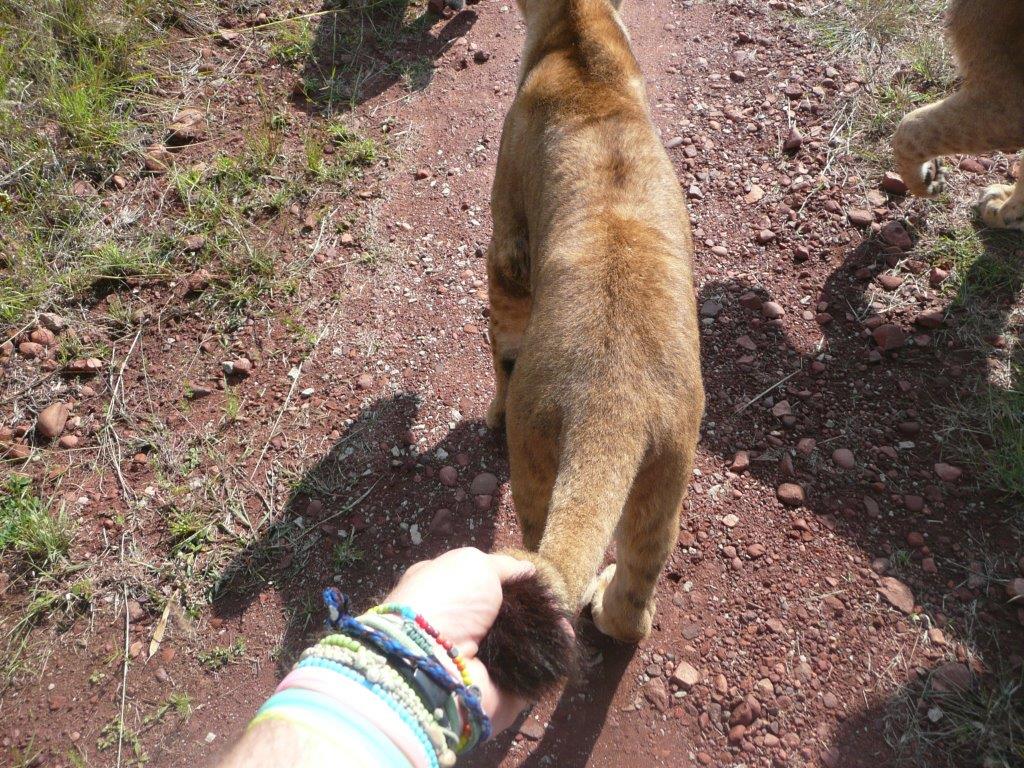
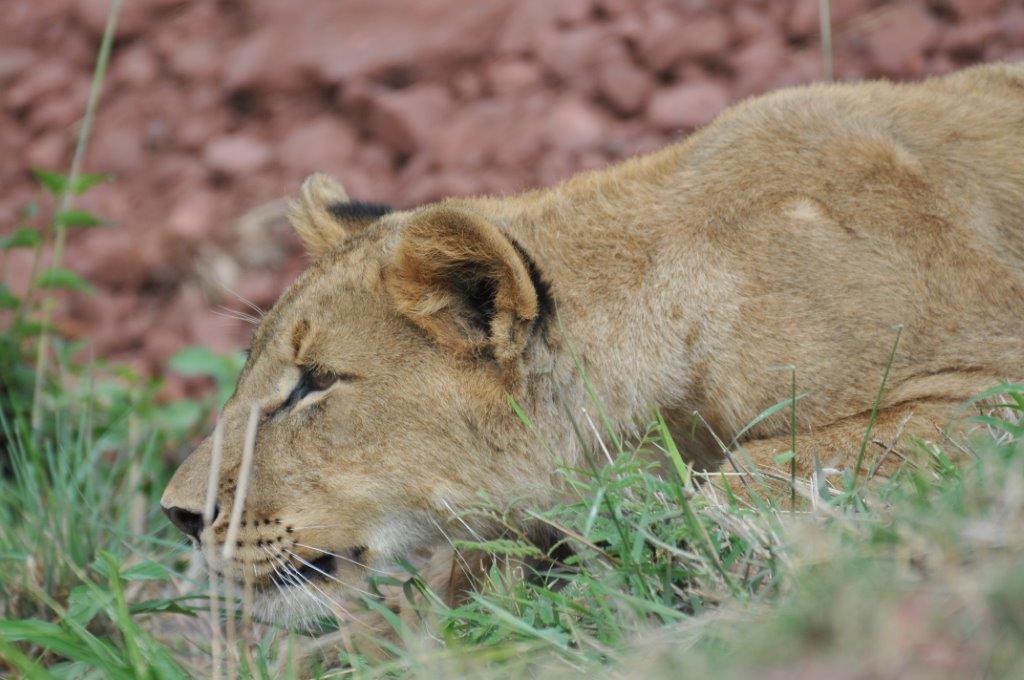
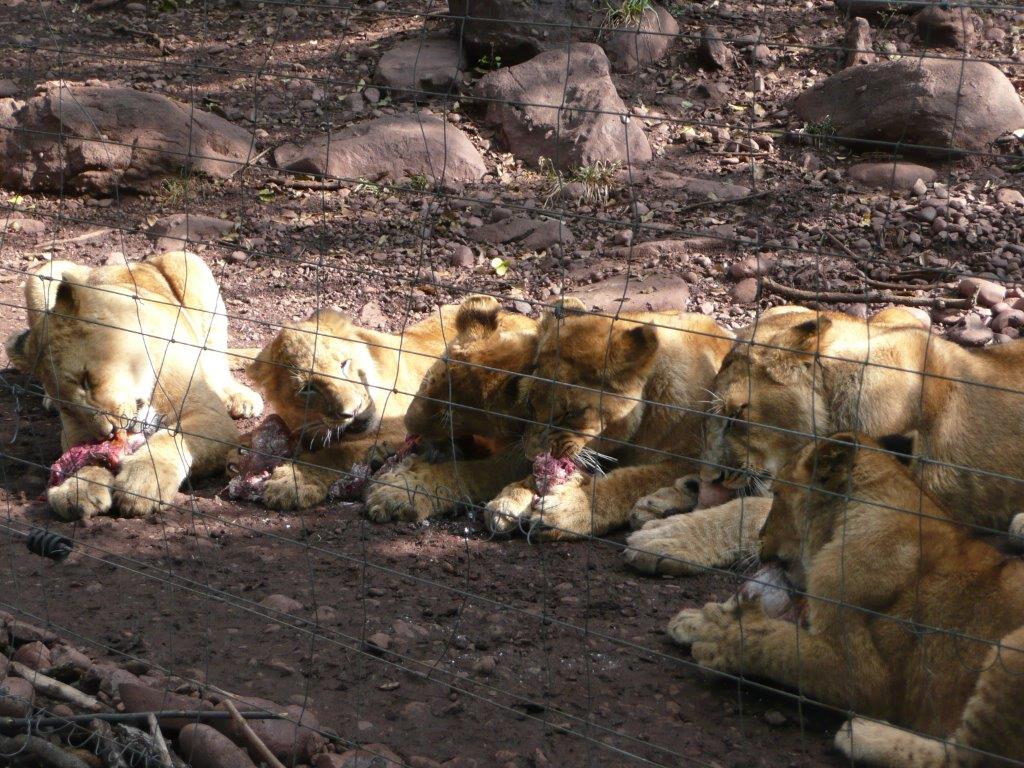
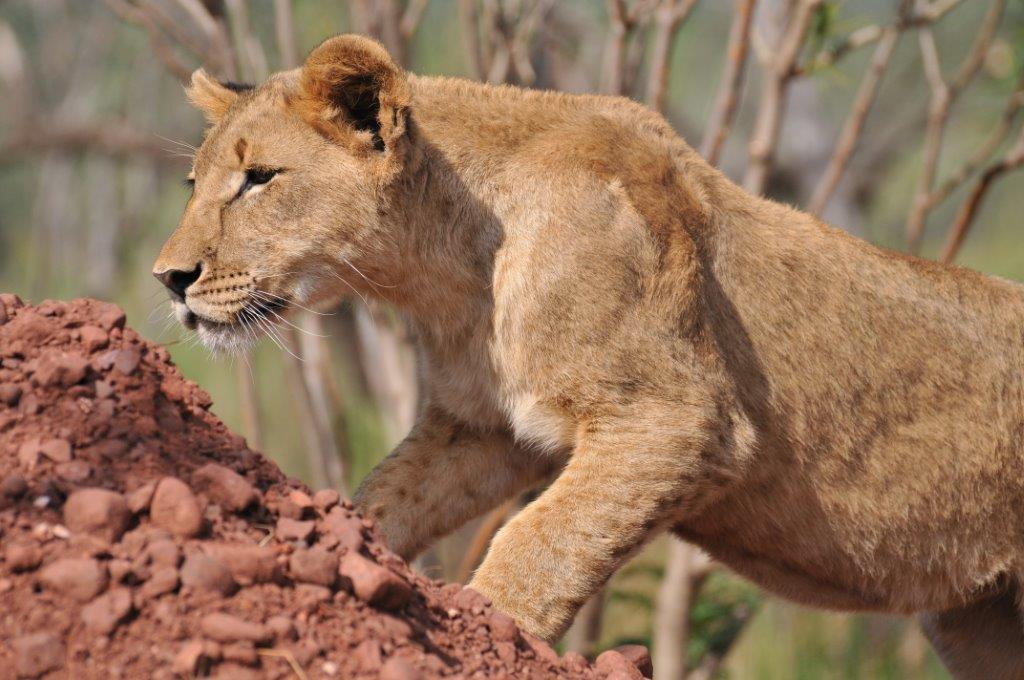
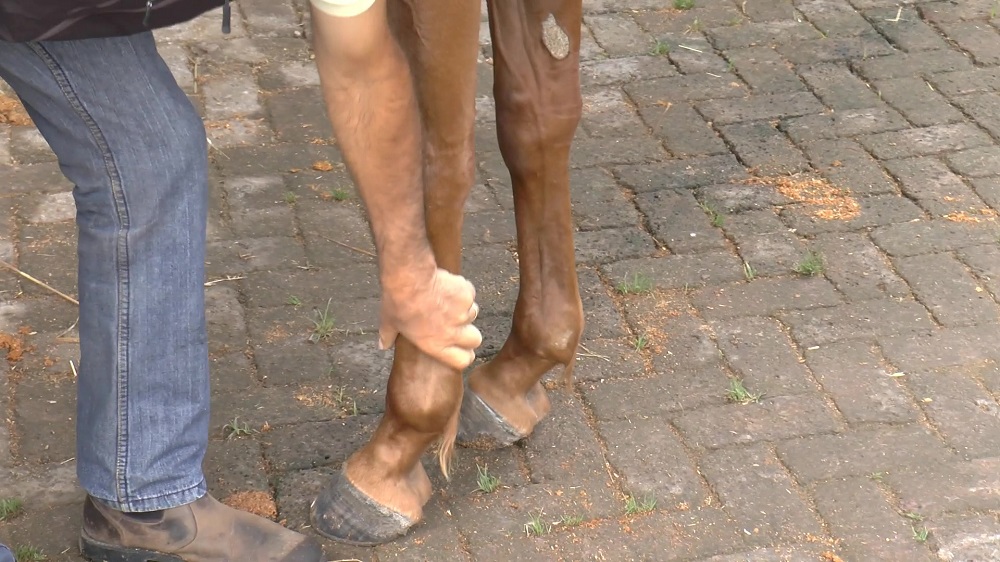
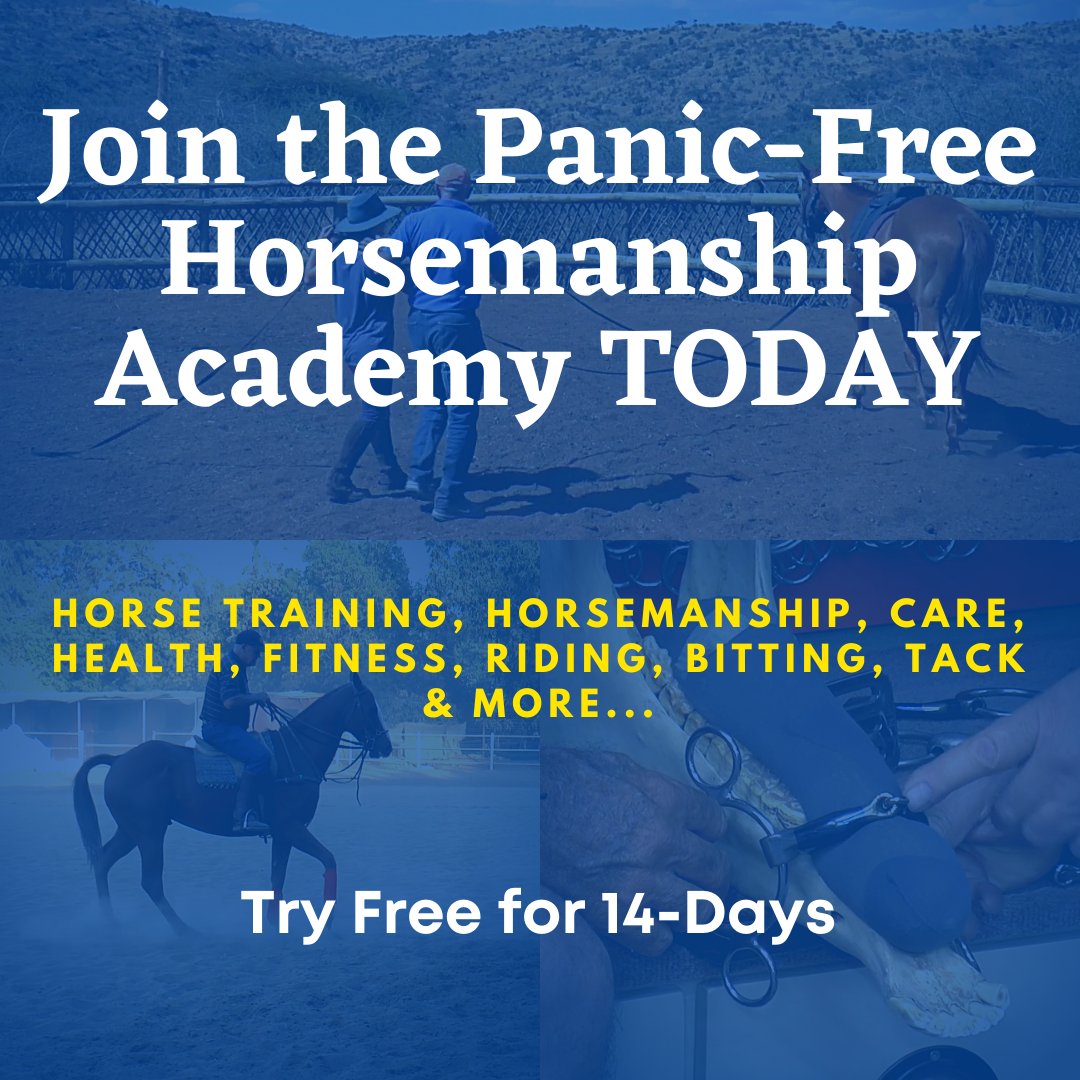
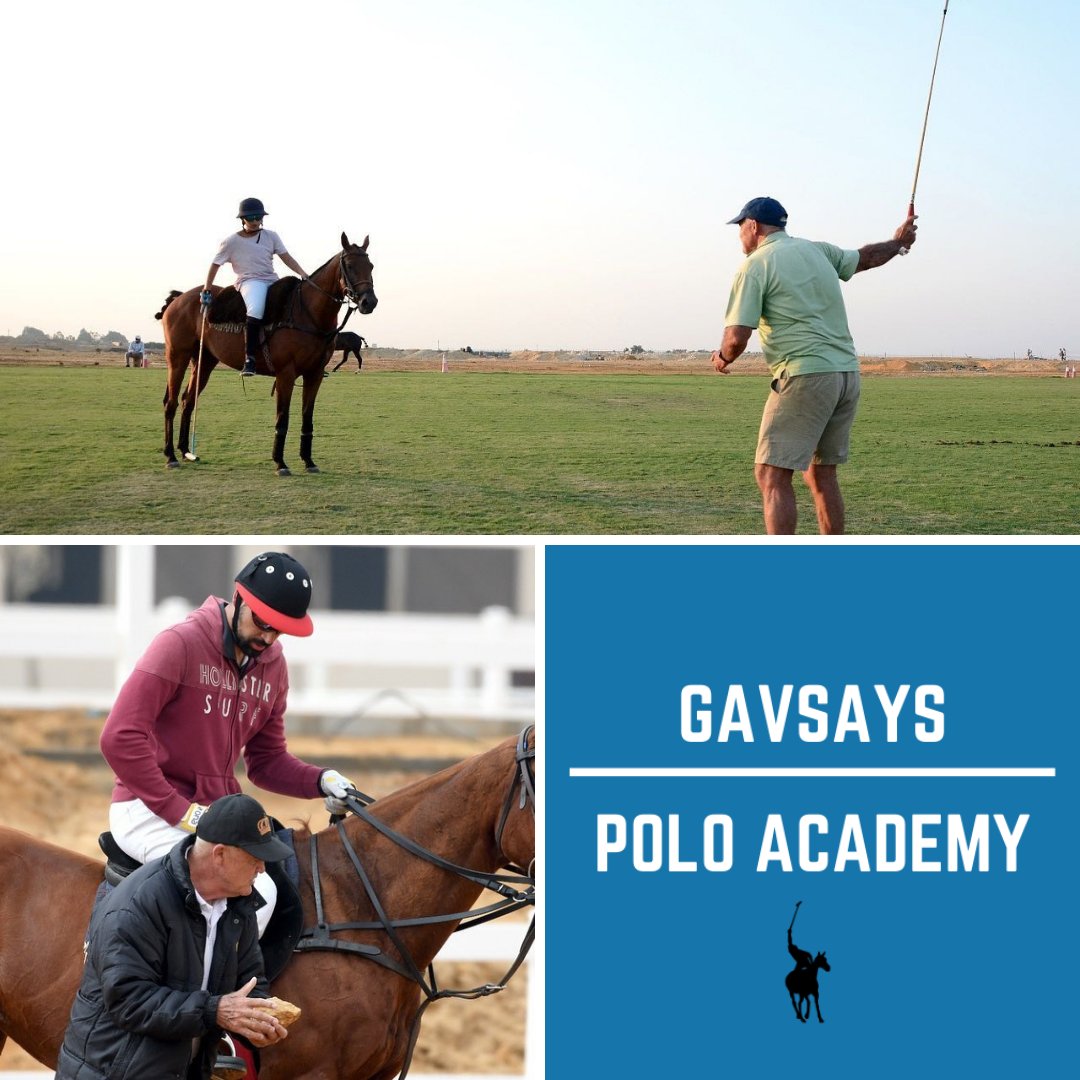
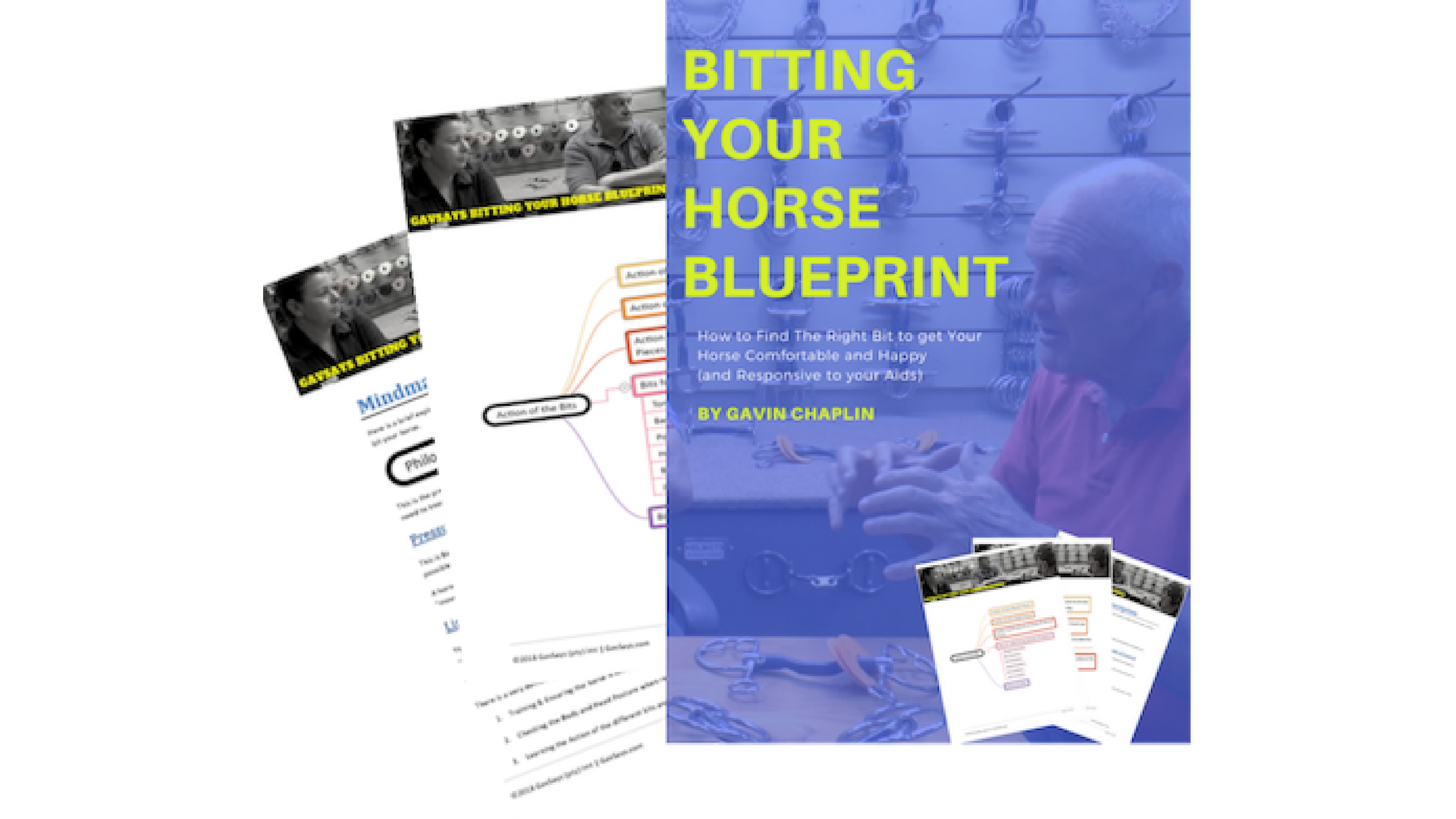
Comments
Got questions, comments or feedback! Then have your say in the box below...